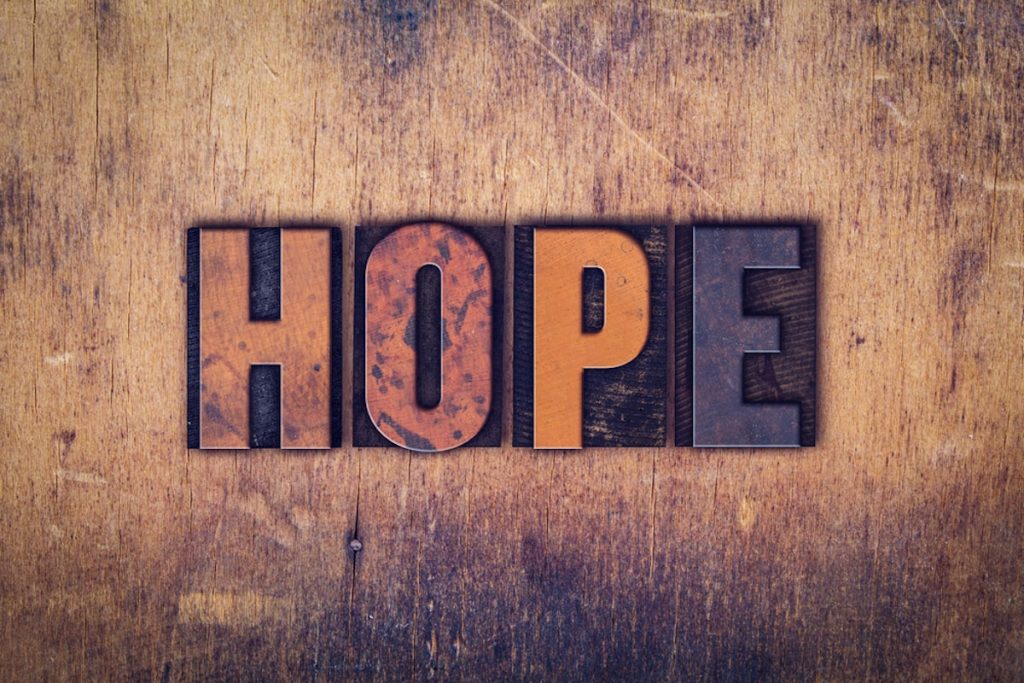September is soon upon us and with the fall comes a new ministry year. There has never been a more difficult time to create ministry plans. After all, what exactly are we planning for?
- Are we planning for a return to normal and when will that happen?
- Are we planning for a “new” normal and what will that look like?
- Are we planning for something completely different?
The Problem and the Pain
The pandemic has created an extended time of emotional transition. William Bridges calls this, “The Neutral Zone.” The neutral zone is the period of time between endings and beginnings. It is difficult to lead in the neutral zone because the old ways have not yet ended, and the new ways have not yet begun.
[bctt tweet=”The pandemic has created an extended time of emotional transition. William Bridges calls this the Neutral Zone. It is difficult to lead because the old ways have not yet ended, and the new ways have not yet begun.” username=”BrettPowellorg”]
The pandemic has forced us into a neutral zone for an extended period. Long, emotional transitions are disorientating and frustrating. Days turn into weeks and weeks turn into months. It’s not surprising that leaders are becoming more sceptical, cynical and apathetic. But we must lead with hope – for the sake of our missionary organizations, the people with whom we serve and our own hearts.

I’d like to propose 4 decisions that leaders can make to lead us through this on-going time of transition. Here we go:
Decide That You Are Unstuck
Whether you believe that missional progress can be made during a pandemic or believe it is impossible to do much at all during this time, you are probably right. Many leaders are waiting for a return to normal. We are waiting for a vaccine. Waiting for the Bishops to give more direction (as if that were possible with no additional information available to them). In times of crisis, the best leaders are focused on being a proactive force for positive change and forward motion. They begin by clarifying where they can make progress and where they cannot. They do not waste time worrying about issues over which they have little or no control. They define a few areas where progress is possible and then they disproportionately invest. Wherever they can advance the mission, they do.
[bctt tweet=”Whether you believe that missional progress can be made during a pandemic or believe it is impossible to do much at all during this time, you are probably right.” username=”BrettPowellorg”]
[bctt tweet=”The best leaders define a few areas where progress is possible, then they disproportionately invest where progress can be made. ” username=”BrettPowellorg”]
Catch the Word
Jesus had a simple strategic plan for His ministry – prophetic observing. He saw what the Father was doing and He did that. He heard what the Father was saying and He said that. I’m sure this is what the Centurion was meaning when he said to Jesus, “I see that You are a man under authority.” During His public ministry, Jesus always took the lead from the Father. He was in continual prayer, capturing the word that gave Him direction and focus. The best Pastoral leaders do the same, they wait on the Lord and let Him build the house. So, what is the Father saying to the Church right now? What is He doing in our midst and how can we set that work as our focus? In times of crisis, the best leaders commit themselves to an on-going, conversational intimacy with the Lord. They have their eyes and ears continuously open to what the Spirit is saying and doing. He has a vision, He has a plan, He knows what to do and how to do it. We are not orphans in the pandemic, we have a Father who is fully engaged, attentive and capable of providing everything we need to advance the mission. Whatever is on your mind is on His heart – go to Him, stay with Him till he speaks a word to you as the leader.
[bctt tweet=”We are not orphans in the pandemic, we have a Father who is fully engaged, attentive and capable of providing everything we need to advance the mission.” username=”BrettPowellorg”]

Becoming a Learning Organization
If you read this blog regularly, you know that I am a big fan of Jim Collins. One concept he developed is incredibly relevant for the Church today. It is called the Stockdale Paradox. It’s named after Admirable James Stockdale who was the highest-ranking officer detained in the Hanoi Hilton. He was shot down in 1967 and remained a prisoner of war until 1974. He was tortured over 20 times during that period. When Collins interviewed Stockdale, he asked what kept him going. Stockdale said he had an unwavering belief that one day he would be set free. Collins summarized, “Oh, you were an optimist.” Stockdale sharply corrected him, “No! I was NOT optimistic.” Collins was confused and requested an explanation. “The optimists,” Stockdale said, “Were the ones who thought they’d be out by Christmas.” But Christmas would come and go and they weren’t set free. Then Easter would come and go. Summer too, followed by fall and then Thanksgiving. Year after year. The optimists suffered a broken heart, weakening their immunity. It took their spirit and sometimes their lives. Deeper than his belief in eventual freedom, Stockdale possessed a magnanimous hope that one day he would look back on that horrible period of time with gratitude. He knew it would become the defining moment of his life that, in retrospect, he wouldn’t trade for anything. He knew that the lessons learned during the calamity would empower him to meet all future problems with more confidence. Are we, as a Church, learning the lessons offered to us during the pandemic? Time will tell.
[bctt tweet=”Are we, as a Church, learning the lessons offered to us during the pandemic? Time will tell.” username=”BrettPowellorg”]

Build Your Inner Circle
I have never been so utterly convinced that John Maxwell’s Law of the Inner Circle is key to moving forward during this time of crisis. Maxwell is absolutely correct – those closest to you will determine your potential as a leader. The best leaders are fanatically committed to surrounding themselves with great people, even if they don’t see eye-to-eye on everything. They bring leaders into the team that are smarter than they are; more experienced than they are; have different ideas than they do and think differently too. A healthy leadership culture is created with positive chemistry rooted in recognizing differences as opportunities for collaboration, not competition.
[bctt tweet=”The best leaders are fanatically committed to surrounding themselves with great people, even if they don’t see eye-to-eye on everything. ” username=”BrettPowellorg”]
There you have it, four decisions and actions every leader can make during this continued time of crisis. The Church has the most important mission in the world. That mission hasn’t changed in 2,000 years. Let’s go!

